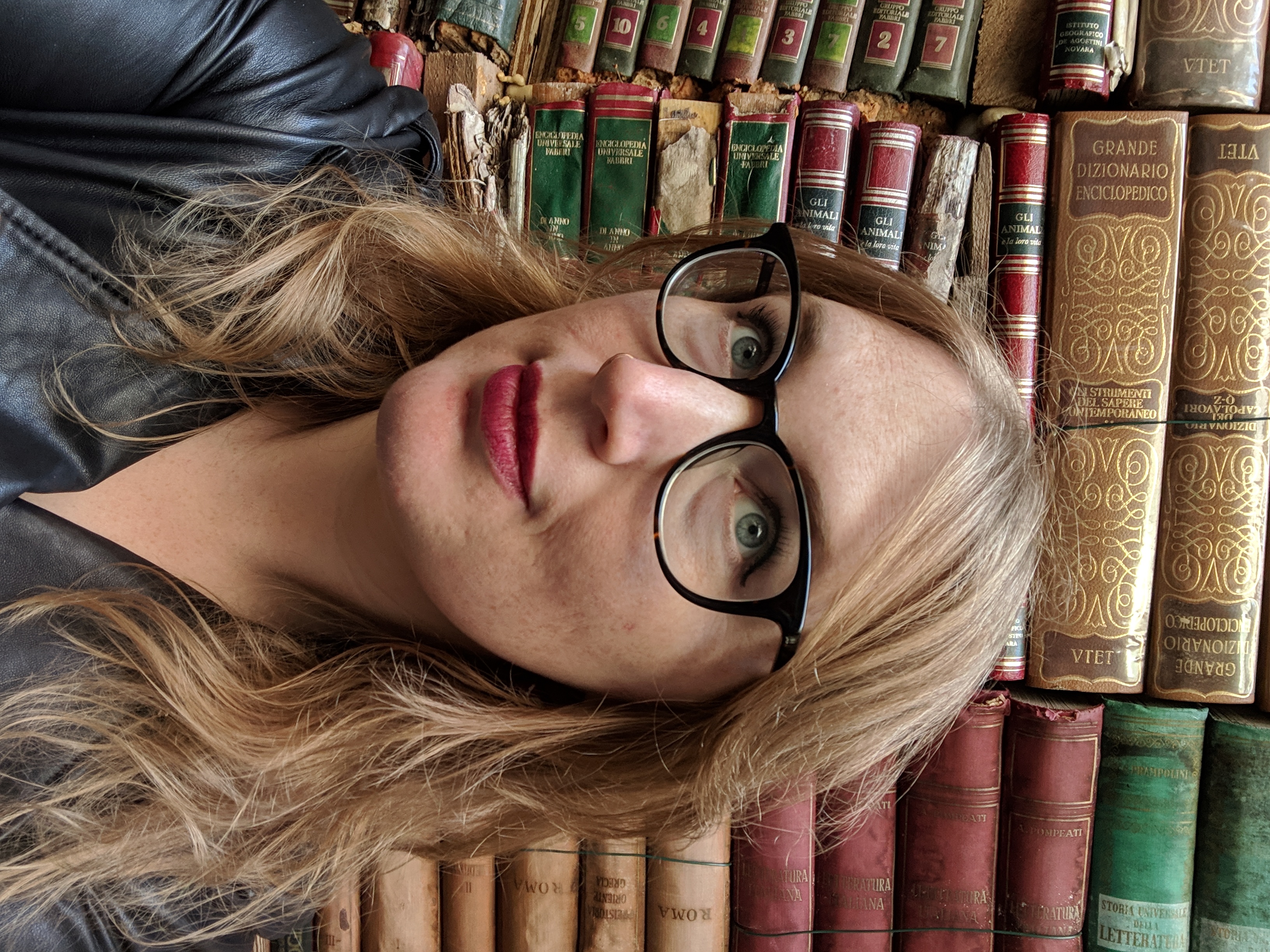- Home
- Resource Center
- Articles & Videos
- GALA Rising Star Scholarship 2022 - Faculty Winner: Claudia Wiesinger (University of Vienna, Austria)
21 March 2022
| by Globalization and Localization Association
GALA Rising Star Scholarship 2022 - Faculty Winner: Claudia Wiesinger (University of Vienna, Austria)
GALA is delighted to award two Rising Star Scholarships to attend our GALA 2022 San Diego conference.
The Rising Star Scholarship Committee reviewed applications from 8 unique universities to select the faculty and student winners that will receive a registration to the GALA 2022 conference.
The Faculty Winner is Claudia Wiesinger, faculty member at the University of Vienna, Austria. Her teaching specialty includes machine translation and post-editing.
Watch a video interview with Claudia.
Watch Claudia's video application addressing "How can you adapt teaching/learning methodologies to meet both the students' and the industry's needs?"
"With the significant strides in the area of machine translation (MT) and the hype surrounding the introduction of the neural paradigm in 2016, the language industry has seen an increasing use of MT and post-editing, especially among Language Service Providers (RWS 2020; Nimdzi 2021). In a short period of time, MT has become one of the key drivers of change in the translation profession, and the increasing uptake of this technology is reinforcing the need for human specialists who not only have linguistic skills but also the ability to adapt quickly to new tools and services.
Given that MT adoption and the provision of PEMT services are on the rise, it is high time to investigate whether current post-editing courses are adequate for meeting student and industry needs. Research and industry debates suggest considerable training gaps arising from the weak ties between the language industry and academia (Ginovart Cid and Colominas Ventura 2021; TEF 2021). It seems that a more collaborative and practice-based approach to teaching post-editing is needed.
Building on a suggestion by Ginovart Cid and Colominas Ventura (2021), I propose an open-access, web-based platform that can be used to practise post-editing and error annotation with real-world examples and explanations from LSPs and translation departments across the globe. This platform, with its main features being multilingualism, the growing database of expert input, and the external feedback option, presents an opportunity for closer collaboration between the language industry and academia."

Alicia Deadrick
Alicia joined GALA as the membership manager in January 2016. In addition to helping members manage their memberships and engage with the association, she is involved in several GALA programs, including SIGs, volunteer committees, and the Rising Star Scholarship. Before joining the GALA staff she spent five years in project management at a LSC based in the Bay Area, CA. Alicia has a master's in Ancient History, with a specialization in Greco-Roman cultural history and magic. She enjoys learning, traveling, a good story, and taking her two old dogs on adventures.


